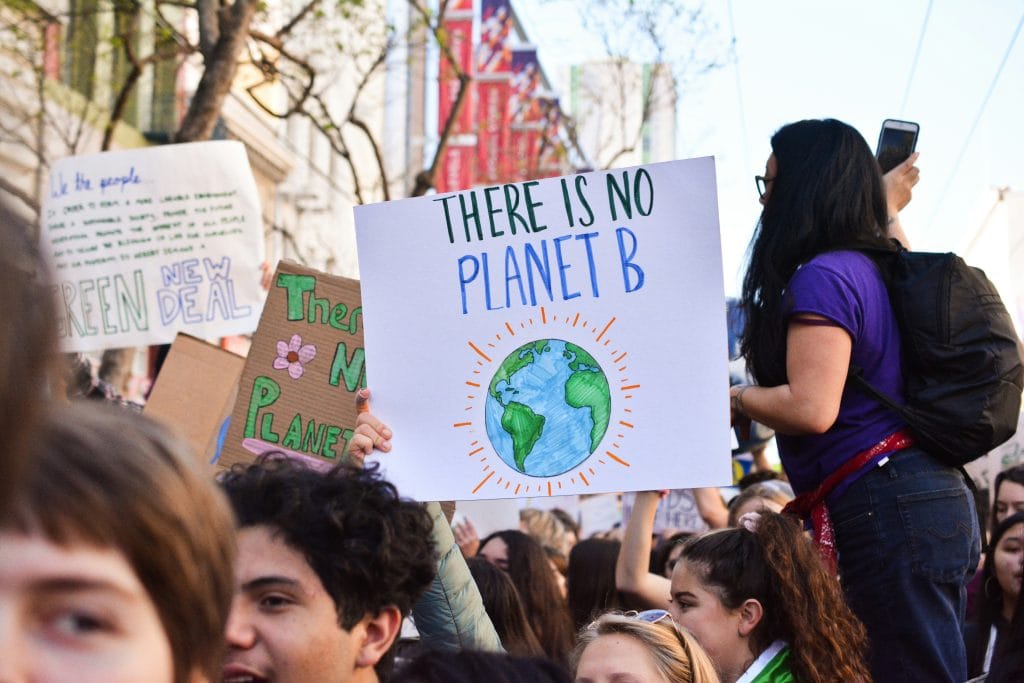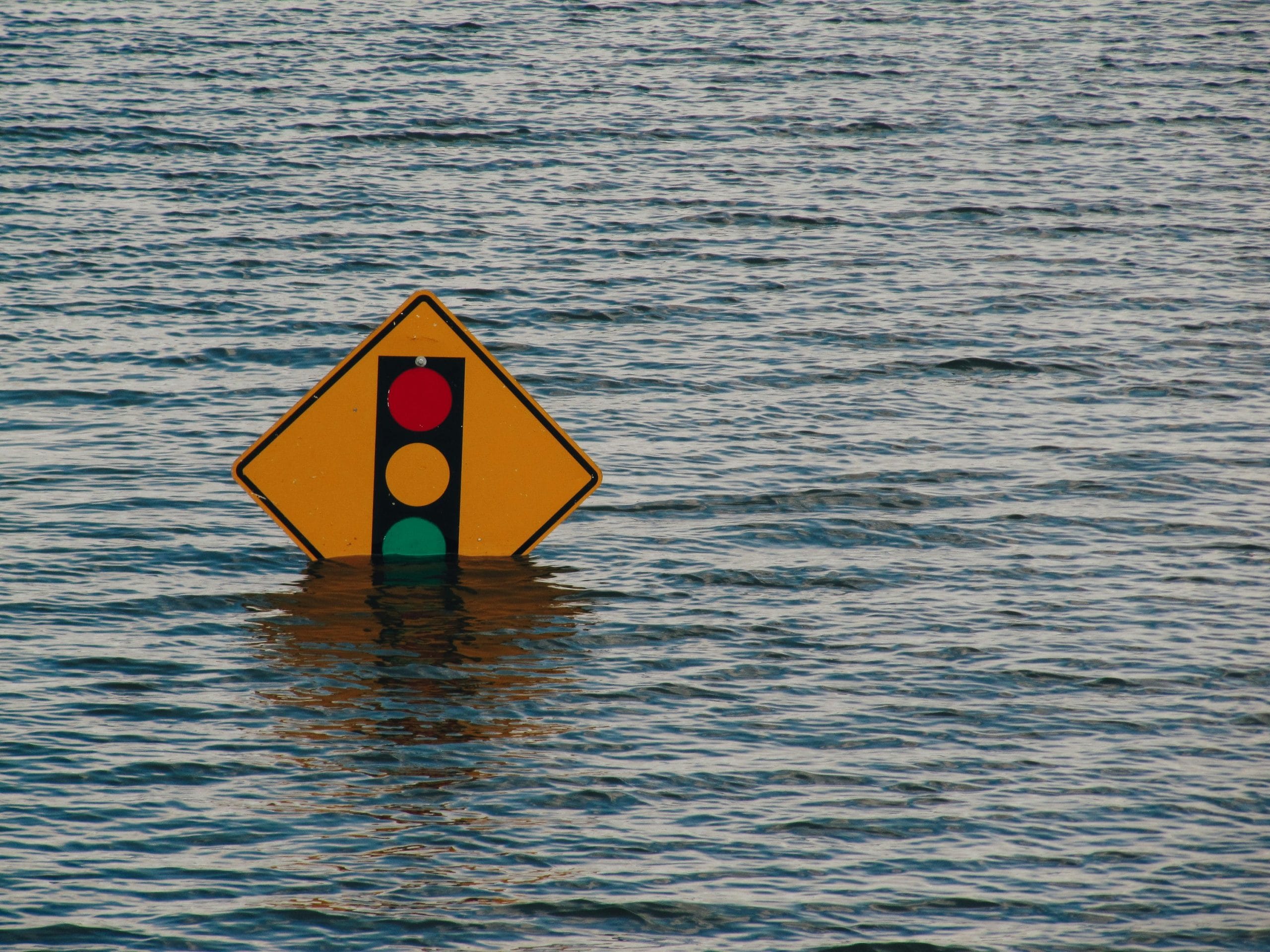Many people walk into therapy thinking their pain means something’s wrong with them—that it’s “all in my head.” Most of the time, it actually makes sense once you zoom out. Family stuff. Culture. Money stress. The news cycle. Climate dread. All of it shapes how you feel.
Sometimes the most healing thing I can say is: “Your reaction makes sense.” Not just personally, but in the world you’re living in. That’s what validation really is—naming that your feelings fit the context, so you can stop blaming yourself for being human.
The shift is subtle but huge: from “What’s wrong with me?” to “Of course I feel this way, given what I’m up against.” Once that lands, there’s more room for self‑compassion and, from there, real change.
Zoom out, then zoom in: A systemic lens on distress
Therapy is most effective when we zoom out to see the bigger picture before zooming in on individual symptoms. A person does not exist in a vacuum; we are all embedded in overlapping systems—our families, communities, society, and the physical environment.
So I start wide:
- What’s happening at home, at work, in your community?
- What messages did you grow up with about emotions, success, rest?
- What bigger forces are pressing on you (money stress, racism, climate fear, hustle culture)?
Psychologist Urie Bronfenbrenner mapped this out as layers around us: your close relationships (microsystem), the links between them (mesosystem), institutions and workplaces (exosystem), the culture you live in (macrosystem), and even the era you’re in (chronosystem).
When we name those layers, a lot of your reactions start to make sense.
- Feeling anxious about the planet? Eco‑anxiety is a rational response, not a personal flaw.
- Burned out at work? That’s a system problem, not a personal failure.
- And yes, some guilt is planted on purpose. The whole “carbon footprint” thing? It was pushed by an oil company to shift blame to individuals.
Once the context is clear, we figure out your next move—tools, boundaries, habits, support—so you’re not crushed by the system you’re living in. The goal isn’t to blame “out there” forever; it’s to stop blaming yourself for what isn’t yours, and put your energy where it actually helps.
Burnout: A systemic failure, not a personal one
Feeling fried in today’s hustle culture is as common as the ache in your jaw you only notice at night. And no, it’s not because you’re weak or “bad at self-care.” Burnout is usually baked into the setup: toxic workloads, always-on expectations, zero support.
The Society for Human Resource Management puts it bluntly: burnout is “often mislabeled as a personal failing … when in fact it’s rooted in organizational culture and leadership”. Translation: if you’re wiped, the system’s likely broken—not you. When companies glorify 70‑hour weeks and shame rest, of course people collapse.
Therapy can pull back that curtain. We look at where “I’m never doing enough” actually comes from—usually an always‑on culture that ties your worth to productivity. What feels like a character flaw (exhausted, unmotivated, can’t keep up) is a predictable reaction to chronic stress and little support.
As one organizational psychologist said, burnout is a signal: something in the system isn’t working. Hearing “This isn’t a personal failure” is wildly relieving. It shifts the question from “How do I fix me?” to “How do I work differently with (or push back on) the conditions I’m in?” That can mean boundaries, policy changes, or simply dropping the shame for being human in an inhuman setup.
From hustle culture to climate guilt: When systems overwhelm the individual
Burnout’s just one example. A lot of what we call “mental health problems” are actually collisions between real people and huge systems. Two big ones: hustle culture and climate change.
- Hustle culture tells you rest = weakness and worth = productivity. No wonder you’re cooked.
- Climate crisis? Of course you feel dread. Eco‑anxiety is a rational response, not a character flaw.
- And that heavy climate guilt? “One person didn’t create climate change… one person shouldn’t shoulder all the responsibility.” As mentioned earlier, BP literally popularised the “carbon footprint” idea to pin blame on individuals instead of industry.
So in therapy we externalize the problem: you’re not a bad person for struggling—you’re a concerned human in systems that make coping (and sustainable choices) hard. That reframing loosens shame and frees up energy for what is in your control: finding community, setting realistic actions, pushing for change where you can. And you can achieve this balance without pretending you alone can fix the planet.

For example, rather than internalizing “I’m a terrible person for not living a 100% sustainable life,” a therapist might help you reframe it as “I’m a concerned person living within a society that makes it hard to be sustainable – a society that needs to change.” This is a key technique in narrative and systemic therapies. By viewing problems as stemming from external systems, you can loosen the stranglehold of shame and find your agency again.
Seeing the whole board and reclaiming your agency
Stepping back isn’t about dodging responsibility—it’s about putting it in the right place. When we zoom out, we sort what’s yours from what belongs to family history, work culture, politics, or plain bad luck. That clarity is a relief. Clients often say, “Oh… I’m not the problem.” Their depression, anxiety, or anger stops looking like a personal defect and starts looking like a human reaction to adversity. Energy that was trapped in self‑blame can finally move toward change.
Your pain “makes sense” given what you’ve lived through and what’s pressing on you (psychologytoday.com). When pain makes sense, we can work with it. That validation is the foundation for self‑compassion—and real movement.
Therapy then empowers you to “zoom in” with a healthier mindset. With a clearer view of the board, you can plan your next moves more strategically. For issues within your control, you work on coping skills, healthier thought patterns, or actionable steps (for example, setting boundaries to prevent burnout, or finding community and meaning to combat isolation). For issues that are larger than you, therapy might help in building agency within the bigger picture, such as identifying how you can engage with systemic problems in a sustainable way (such as joining a climate action group, or advocating for policy changes at work) without feeling solely responsible for fixing them.
You learn to distinguish personal pain from system strain, responding to each accordingly. The result is often a restoration of your personal agency: you no longer feel like a passive victim of circumstance nor a failed solo hero, but rather an empowered individual who can navigate their world with eyes wide open.
Where you can go from here
Here’s the big takeaway: it was never “just you.”
Your nervous system is reacting to real forces, and that reaction makes sense. The win isn’t to blame the world forever or yourself forever. It’s to see the lay of the land and choose your next move on purpose.
What that can look like:
- Naming what’s yours to work on and what belongs to the system
- Tightening one boundary instead of trying to overhaul your entire life this week
- Finding one person or community that makes the load lighter
- Picking a tiny, doable action that lines up with your values (not the internet’s)
- Letting go of the shame that says you should be handling this alone
Zoom out for context, zoom in for action. Repeat as needed.
If this resonates, you don’t have to white‑knuckle it or keep pretending you’re fine. Book a chat with me and we’ll map where you are, what actually helps, and how to get there without burning out in the process. We’ll go at your pace.

